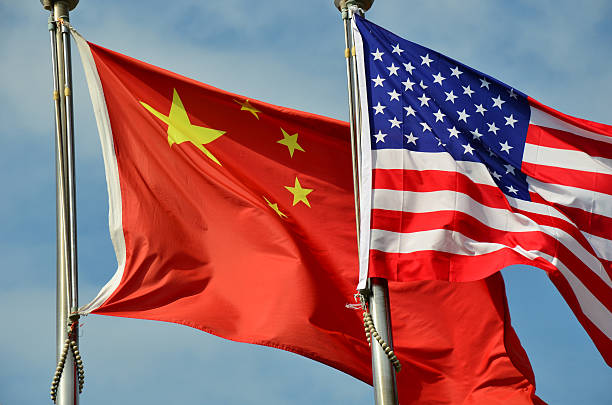US to impose ban on Chinese tech in vehicles
The US Commerce Department is set to announce a proposal on Monday to ban Chinese software and hardware in connected and autonomous vehicles on American roads over national security worries, according to two Reuters sources.
The Biden administration is worried about Chinese companies collecting data on US drivers and infrastructure, and the risk of foreign interference in internet-connected vehicles and navigation systems.
The proposed regulation would ban the import and sale of vehicles from China with key communications or automated driving system software or hardware. This is part of the US’ ongoing restrictions on Chinese vehicles, software, and components.
Last week, the Biden administration imposed steep tariff hikes on Chinese imports, including a 100 per cent duty on electric vehicles and new hikes on EV batteries and key minerals.
Commerce Secretary warned in May about the potential dangers of Chinese software and hardware in US vehicles. “You can imagine the most catastrophic outcome theoretically if you had a couple million cars on the road and the software were disabled,” she said.
In response, President Joe Biden initiated an investigation in February to assess the national security implications of Chinese vehicle imports with connected-car technology.
The investigation aims to determine if banning Chinese software and hardware in all vehicles on US roads is necessary.
China’s policies may flood our market with vehicles, jeopardizing our national security,” Biden stated. “I will not allow this to occur under my leadership.”
The Commerce Department intends to allow a 30-day public comment period before finalising the regulations, according to sources. Most newer vehicles in the US are classified as “connected,” meaning they have onboard network hardware for internet access and data sharing with devices inside and outside the vehicle.
The department intends to implement restrictions on software in the 2027 model year and on hardware in January 2029 or the 2030 model year.
The prohibitions would apply to vehicles with specific Bluetooth, satellite, and wireless capabilities, as well as highly autonomous vehicles capable of operating without a driver.
Attribution: Reuters
Subediting: M. S. Salama


